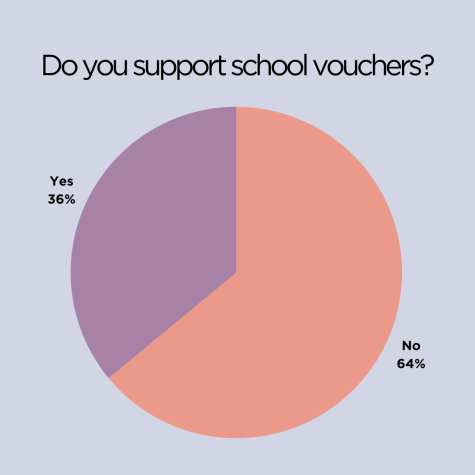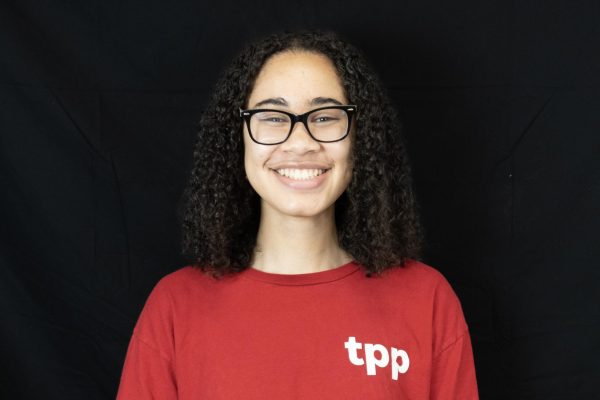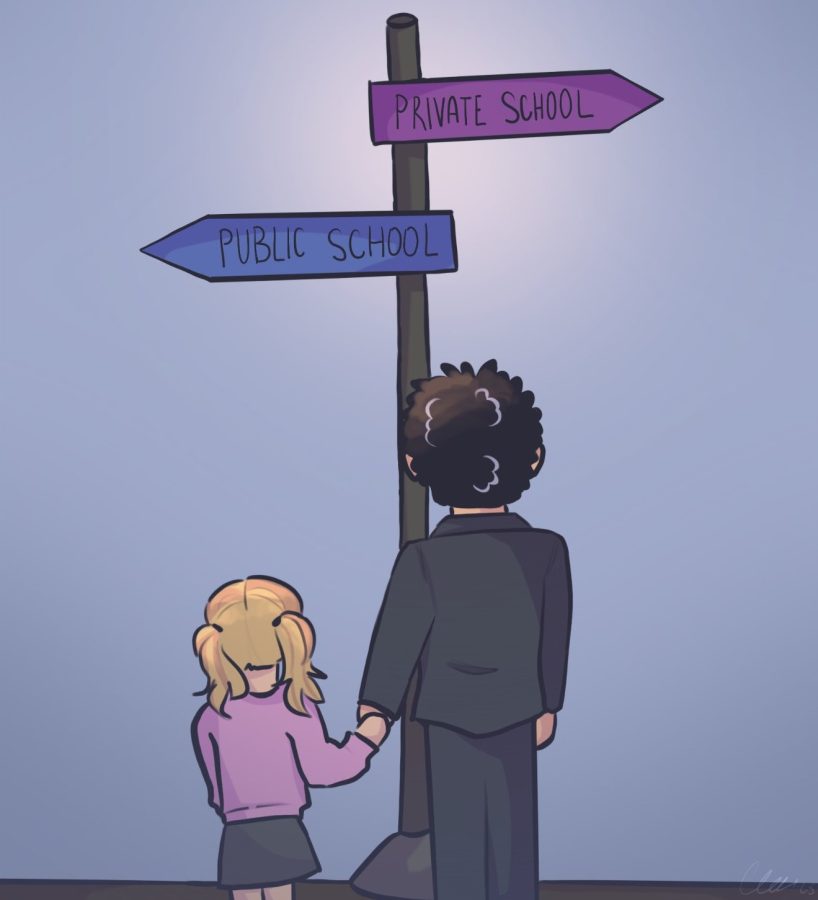School vouchers will not solve our public education problems
School vouchers are state-funded scholarships given to parents so they can send their children to private schools. While supporters say vouchers are essential for supporting parental choice, in reality vouchers just subsidize private schools while leaving public schools underfunded.
Gov. Greg Abbott reestablished school vouchers and education savings accounts (ESAs) as a major point for political discussions during the 2022 governor elections in anticipation of the 88th Texas legislature. In recent speeches, Abbott has argued that “parents also deserve education freedom” and that state-funded scholarships would be the best way to provide parents with school choice.
These scholarships are wrong, and the fact that they are receiving such strong support from the conservative right exposes the fundamental problem of our education laws today.
School vouchers are state-funded scholarships awarded to parents so they can send students to non-public schools. ESAs are a similar concept, but they instead provide parents with money they can use towards any educational resource for their children.
This topic of conversation has been brought up again amidst new controversies surrounding what is taught in classrooms, especially relating to critical race theory and the LGBT education. These lessons are being used to support arguments that public education is inadequate, with curriculums that are inappropriate for children. Politicians like Abbott have proposed Senate Bill 176, Senate Bill 8 and House Bill 619 with the hopes that this legislature session will finally be the one that gets these education bills passed.
The primary argument for these scholarships is that parents should have the liberty to choose the schools their children attend, not to be trapped in a public school with curriculums their parents do not support.
See the problem here?
Politicians are circumventing the issue with an exclusive, inequitable policy that does a disservice to students everywhere by disregarding the genuine problems public schools face instead of working to address why our public education system has so many struggling schools.

To put it simply, school vouchers put money in the wrong places. To degrade the public schools across the state that are struggling is entirely hypocritical when it is our state politicians who are causing this struggle.
Texas already has a track record of underfunding its schools, paying teachers over $7,500 below the national average and per-pupil spending that is $4,000 below the national average.
Research also shows that over 50% of students who use school vouchers in Arizona and New Hampshire were not previously enrolled in public schools. While this does mean that educational opportunities would be expanded for some, the truth is that over half of the funds allotted towards these vouchers would not directly serve the communities supporters argue “need them the most.”
Furthermore, families in low-income and rural communities often do not have private schools near their homes. This means that vouchers are only useful to those in the middle- and upper- class areas where private schools are typically located.
On top of that, the proposed voucher amount of about $10,000 does not fully cover the cost to attend many private schools. The average cost of tuition in Houston is $15,707. Low-income families would have to pay the difference, which includes books, uniforms, meal plans and transportation. Students would be left in the public schools they are allegedly “trapped” in because of the financial requirements of switching to private school is not attainable. Vouchers and ESAs are not remotely as fair as supporters are presenting them to be.
Along with not being available to certain communities, private schools are not held to the same legal standards and regulations as public schools. While there are certain requirements for what is taught, private schools have the liberty to follow whatever curriculum they want. They don’t have to disclose and follow students’ performances, making it difficult to track how well private school students are doing. Even with the hidden data, four studies all came to the same result that students who use vouchers actually seem to perform worse on tests compared to similar public school students. This is not an effective way to serve struggling students. Private schools also do not have to provide certain accommodations to students that fall under Section 504 of the Rehabilitation Act, making vouchers less useful for students with disabilities. Allotting state funds to unregulated private schools is a horrible idea from the start.
Why should state money be given to those who need it the least?
These tax dollars would be better used to fix public schools. Teachers are not able to help students reach their full potential because students are struggling at home, are not eating enough, have to work jobs and are facing so many other issues that the state needs to address.
But instead, our governor is looking at poor quality education as a reason to ultimately abandon children that need help, creating an inadequate solution to the problem.
Your donation will support the student journalists of Bellaire High School. Your contribution will allow us to purchase equipment and cover our annual website hosting costs.





John Smith • Apr 11, 2023 at 10:32 pm
this argument undermines the value of private education, and the benefits that the policy might have on families that can’t afford to fund their children’s education. If you understand why parents send kids to private school, then you can empathize to the millions of Americans the struggle to work for their kids. My mom is one of them. – I really wish you the best, You have great potential in journalism, but the bigger picture isn’t as clear as others make it seem.
anaonymous • Apr 5, 2023 at 9:03 pm
I love this story and your work! Your always testing the waters with your topics and I believe that is what makes great journalism. Continue to write what you want because your amazing at it.
John • Apr 4, 2023 at 10:29 pm
Bias in a school news article undermines the principle of impartiality and fairness that should guide educational institutions. Schools should strive to provide balanced and objective information to students, fostering critical thinking and independent analysis, rather than promoting a particular political agenda.
adviser • Apr 5, 2023 at 2:06 pm
Good afternoon, Just to confirm: this story is clearly marked as an opinion, not a news story. Thank you for your feedback.